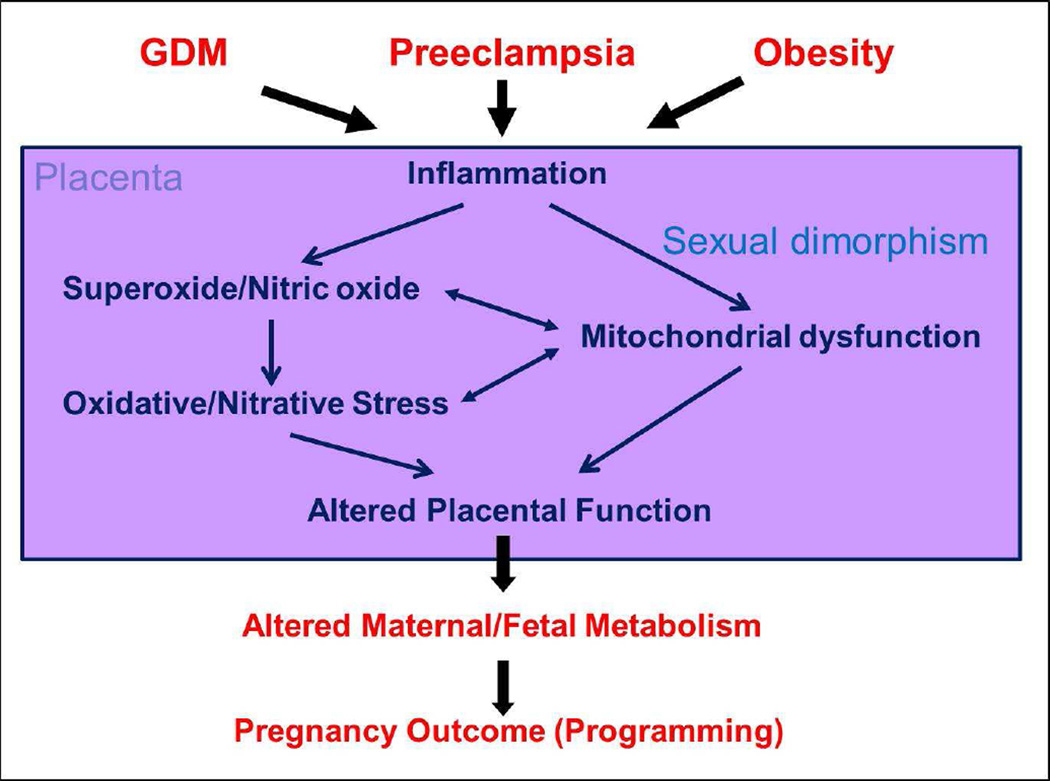Figure 10. Putative mechanism for the involvement of inflammation-mediated placental dysfunction in fetal programming.
The adverse inflammatory maternal environments of gestational diabetes (GDM), preeclampsia or obesity can generate increased oxidative/nitrative stress and cause mitochondrial dysfunction in the placenta in a sexually dimorphic manner. This disrupts placental function and in turn may lead to alterations in placental-mediated regulation of maternal metabolism and fetal growth and differentiation and hence result in fetal programming.

